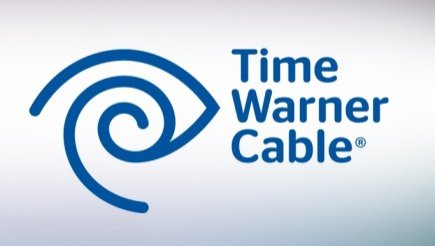
Comcast spent $336 million over the past year-plus on its failed attempt to acquire Time Warner Cable.
Comcast's earnings report for Q1 2015, released today, notes $99 million in "transaction-related costs" for its attempt to acquire Time Warner Cable and execute a related transaction with Charter. That's in addition to another $99 million in Q4 2014, $77 million in Q3 2014, $44 million in Q2 2014, and $17 million in Q1 2014.
Comcast announced the proposed $45.2 billion deal in February 2014 and finally called it off on April 24 of this year after facing government opposition. The $336 million covers all reported merger-related costs through March 31.
"The costs are mainly for legal fees and outside consulting firms—everything from Human Resources and IT consulting to banks and management consulting services," Comcast VP of Government Communications Sena Fitzmaurice told Ars. "Communications and lobbying fees would be included—however, what is included has to be direct and incremental—so only those fees that are directly and incrementally associated with the deal."
Time Warner Cable reported more than $200 million in merger-related costs over the past year or so, including tens of millions spent retaining employees (a common expense during times of organizational change).
"Merger-related and restructuring costs for the first quarter of 2015 included $24 million of Comcast merger-related costs (consisting of employee retention costs of $14 million and advisory and legal fees of $10 million)," TWC said in its Q1 2015 earnings announcement.
TWC's merger-related costs in the four quarters of 2014 totaled another $195 million. This included "employee retention costs of $40 million and advisory and legal fees of $9 million" in the second quarter and "employee retention costs of $29 million and advisory and legal fees of $33 million" in the first quarter.
On the plus side for Comcast, it did not have to pay TWC a breakup fee. AT&T had to pay T-Mobile $3 billion and another $1 billion worth of spectrum rights after a failed merger in 2011.
"Fortunately, we structured the transaction in such a way that it avoided unnecessary risk for our shareholders in the event that the regulatory outcome did not go our way," Comcast CEO Brian Roberts said in today's earnings call, according to Comcast's transcript.
Comcast also revealed today that it now has more broadband subscribers than cable TV subscribers. Comcast lost just 8,000 TV subscribers in Q1, an improvement over previous quarters, while gaining 407,000 broadband subscribers. Comcast ended the quarter with slightly more TV subscriptions than broadband ones—22,375,000 video customers to 22,369,000 Internet customers—but that flipped sometime in April.
"Broadband has in fact surpassed video in terms of the number of subs," Comcast Cable President Neil Smit said. "It is a less mature market, so we think there is room for growth. We believe we are increasing share, and the market is growing. We do target HSD [high-speed data] to satellite video households where we can use HSD [to get] a foot in the door and then expand the relationship from there."
Overall, Comcast's quarterly revenue was $17.9 billion, with operating income of $3.9 billion, year-over-year improvements of 2.6 percent and nine percent, respectively.
In another tidbit, Comcast said that although it still opposes the Federal Communications Commission decision to reclassify broadband providers as common carriers under Title II of the Communications Act, the FCC decision actually has no impact on how the company operates.
"On Title II, it really hasn't affected the way we have been doing our business or will do our business," Smit said, according to the earnings call transcript. "We believe in Open Internet and while we don't necessarily agree with the Title II implementation, we conduct our business the same we always have—transparency and nonpaid peering and things like that."
Cable industry trade groups have sued the FCC to overturn the Title II classification.
Comcast doubling network capacity every 18 months
Despite implementing data caps in parts of its territory, Comcast's total network capacity is growing faster than customer demand.
"Consumption patterns continue to go up," Smit said. "We increased 40 percent to 50 percent, our capacity consumption going up that amount per year, and we haven't seen a dramatic change in that, but we will continue to invest. We double our capacity every 18 months, and we don't see that slowing down in the near term."
As for broadband pricing, "we remain market flexible," he said. "We are always balancing rate and volume and packaging in different ways so we will be in tune with the market."
reader comments
118